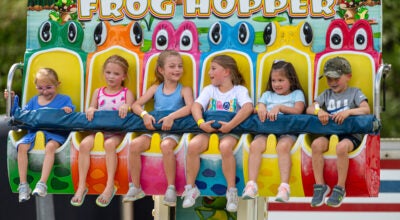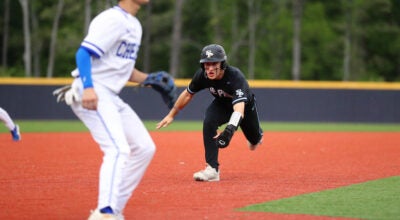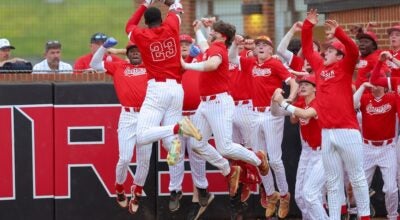AWC welcomes baby birds
Published 11:50 am Wednesday, May 14, 2014

The AWC received its first baby bird of the year, a juvenile great horned owl, on March 14. In the coming months, the AWC expects to receive and care for “hundreds” of baby birds. (Contributed)
By MOLLY DAVIDSON / Staff Writer
PELHAM—The Alabama Wildlife Center welcomed the newest additions to its bird family with a Baby Bird Shower on May 10. The event marks the beginning of the busiest season at the AWC.
During the summer months, the AWC treats and rehabilitates “hundreds of injured and orphaned baby birds,” Alabama Wildlife Center Executive Director Doug Adair said.
The youngest babies are housed in incubators and require constant care, including being fed every 30 minutes for up to 16 hours, Adair said. The AWC cares for the birds as they grow in strength and size, until they are ready for release.
The AWC does not only help baby birds. As Alabama’s oldest and largest wildlife rehabilitation center, it has rehabilitated countless injured birds from hundreds of species.
“We see about 2,000 birds each year, from hummingbirds to bald eagles,” Adair said. “We receive over 4,000 calls each year to our helpline.”
The ultimate goal of bird rehabilitation is release, however some injuries make this impossible. Some of these birds are released into Oak Mountain State Park where the AWC continues to look out and care for them, others are kept as “education ambassadors,” bolstering the AWC education initiative.
The AWC currently has four education birds, including Coosa, a barred owl and 13-year veteran educational bird, and newest addition Arthur, a merlin.
“We introduce young people, often for the first time, to a (raptor),” Adair said. “We provide the opportunity for a person to make a connection with a wild animal and educate… and heighten appreciation for these animals and their place in our ecosystem.”
Although it is housed in Oak Mountain State Park, the AWC receives no funding from the park or the state. Rather the AWC relies on the donations from individuals and the hard work of “amazing and dedicate volunteers,” Adair explained.
“We are a private, non-profit organization solely dependent on individual contributions, grants and funding that is self generated,” Adair said.
Visitors can see the baby and rehabilitating birds at the AWC every day from 9 a.m. to 5 p.m., and events and new information are regularly posted to the AWC Facebook page.









